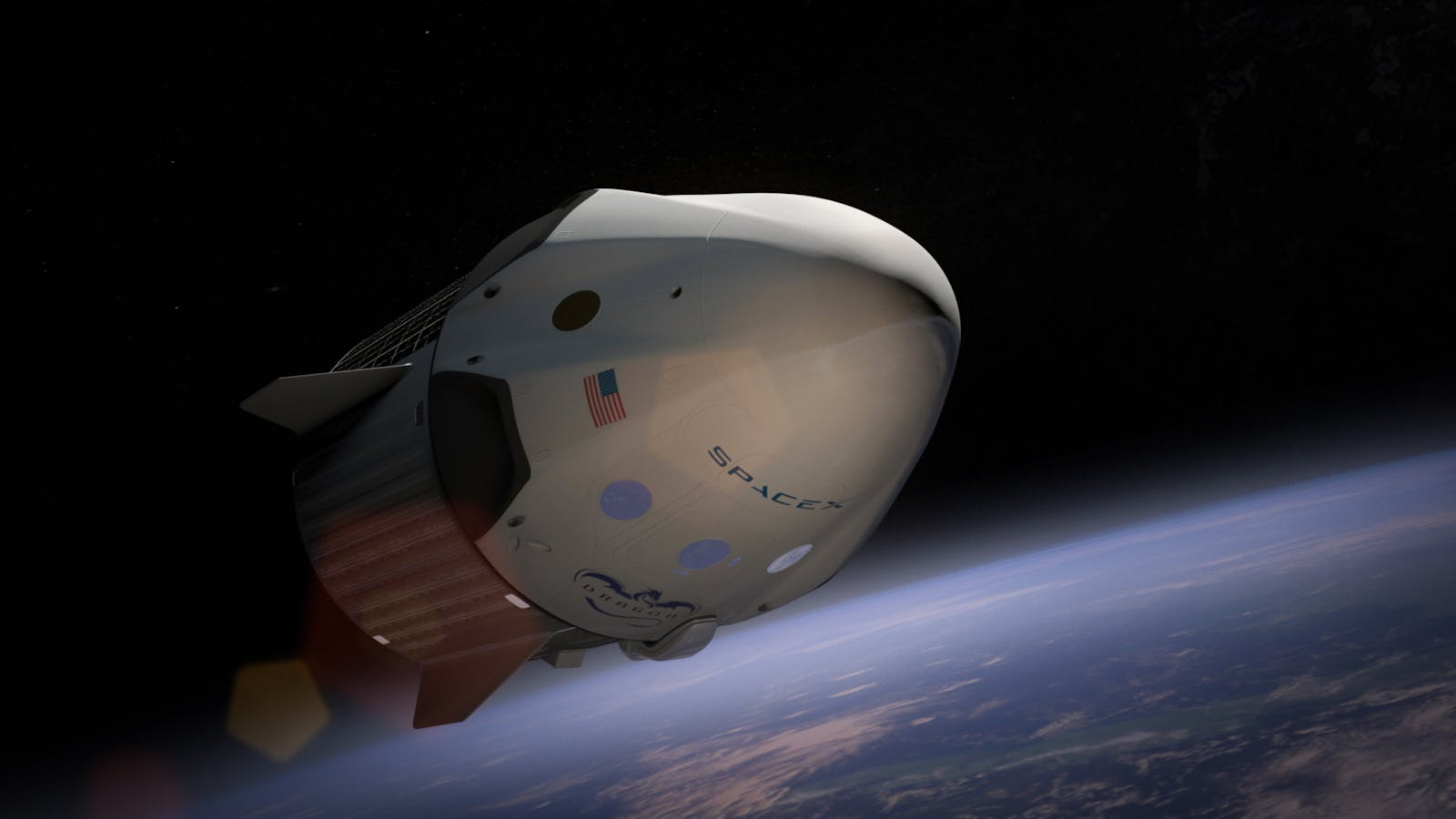Space Exploration 2025: How Private Companies Are Changing the Game
Space exploration, once the domain of governments and superpowers, has rapidly transformed into a global marketplace driven by private companies. By 2025, the race to space is no longer defined by Cold War rivalries but by entrepreneurial vision, technological breakthroughs, and trillion-dollar opportunities. Companies like SpaceX, Blue Origin, and Rocket Lab are rewriting the rules of access to orbit, while hundreds of startups are competing to commercialize everything from satellite services to asteroid mining.
This article explores how private companies are changing the game in 2025, highlighting the innovations, challenges, and potential rewards of the new space economy.
1) The Privatization of Space
For decades, NASA, ESA, Roscosmos, and other national agencies were the gatekeepers of space exploration. Today, private firms dominate the launch market, cutting costs by as much as 90% compared to traditional methods. This democratization of space access has opened opportunities for universities, startups, and even developing countries to participate in the space economy.
- Reusable Rockets: SpaceX’s Falcon 9 and Starship have slashed the cost of delivering payloads to orbit.
- Private Space Stations: Axiom Space is building the first commercial station to replace the ISS.
- Satellite Mega-Constellations: Companies are deploying tens of thousands of satellites for global internet coverage.
2) Key Players in 2025
Some of the leading companies shaping space exploration include:
- SpaceX: Leading in launches, Mars colonization plans, and satellite networks.
- Blue Origin: Focusing on reusable rockets and lunar exploration.
- Rocket Lab: Providing cost-effective small-satellite launches.
- Relativity Space: Using 3D printing to manufacture rockets faster and cheaper.
- Virgin Galactic: Targeting the space tourism market.
Case Study: Starlink
By 2025, SpaceX’s Starlink has deployed over 5,000 satellites, providing high-speed internet to more than 70 countries, including underserved rural regions. This demonstrates how private initiatives can solve global challenges while generating massive revenue.
3) Investment and the Space Economy
The space economy is projected to surpass $1 trillion by 2035, driven largely by private investment. Venture capital has poured billions into aerospace startups, with investors betting on the commercial viability of space-based industries.
Key areas attracting investment include:
- Satellite Services: Internet connectivity, Earth observation, and weather forecasting.
- Space Tourism: Suborbital flights and luxury orbital experiences.
- Asteroid Mining: Extraction of rare metals like platinum and cobalt.
- Lunar Resources: Mining for helium-3 as a potential fuel for nuclear fusion.
Case Study: Space Tourism
By 2025, companies like Virgin Galactic and Blue Origin have completed dozens of successful passenger flights. While tickets still cost hundreds of thousands of dollars, demand is rising among ultra-wealthy travelers, setting the stage for a multi-billion-dollar tourism industry.
4) The Legal and Ethical Challenges
The rise of private companies in space raises important legal and ethical questions:
- Ownership of Space Resources: The Outer Space Treaty of 1967 prohibits nations from claiming celestial bodies, but what about corporations?
- Space Debris: With thousands of satellites in orbit, the risk of collisions is increasing.
- Environmental Impact: Rocket launches release carbon emissions and black carbon into the atmosphere.
- Equity and Access: Will space remain a privilege of wealthy nations and corporations?
Experts argue that international frameworks must be updated to address these new realities, balancing innovation with responsibility.
5) Space Exploration and Global Collaboration
Private companies aren’t working in isolation; partnerships with governments remain critical. NASA’s Artemis program, for example, relies heavily on private contractors like SpaceX and Blue Origin for lunar landers. Similarly, European and Asian governments are contracting private launch services to reduce costs and accelerate missions.
These collaborations highlight a hybrid future: governments set exploration goals, while private firms provide the technology and efficiency to make them achievable.
6) The Future of Private Space Exploration
Looking ahead, the role of private companies in space exploration will only expand. By 2030, experts predict:
- Mars Missions: SpaceX aims to send the first crewed mission to Mars, paving the way for colonization.
- Commercial Lunar Bases: A mix of government and private funding will support permanent lunar settlements.
- Affordable Space Travel: Ticket prices for suborbital flights may drop below $50,000, opening tourism to the upper middle class.
- Space Factories: Zero-gravity manufacturing for semiconductors, pharmaceuticals, and advanced materials.
Case Study: Orbital Manufacturing
In 2025, Redwire Space successfully produced high-quality fiber optic cables in orbit, which are stronger and more efficient than those manufactured on Earth. This breakthrough demonstrates the commercial potential of space-based industries.
7) Predictions for 2035
By 2035, space exploration could look radically different from today. The following milestones are likely:
- Regular commercial flights between Earth and orbit.
- Private lunar mining operations extracting resources.
- Autonomous robotic missions prospecting asteroids.
- Private-public partnerships managing mega-constellations to avoid collisions.
8) Conclusion
In 2025, space exploration is no longer just about flags and footprints—it’s about markets, profits, and global opportunities. Private companies are transforming what was once science fiction into reality, democratizing access to orbit, and reshaping the future of humanity in space.
The road ahead is filled with challenges—legal, environmental, and ethical—but also with immense promise. If managed wisely, the privatization of space could become one of the greatest achievements of the 21st century, unlocking possibilities that extend far beyond Earth.


